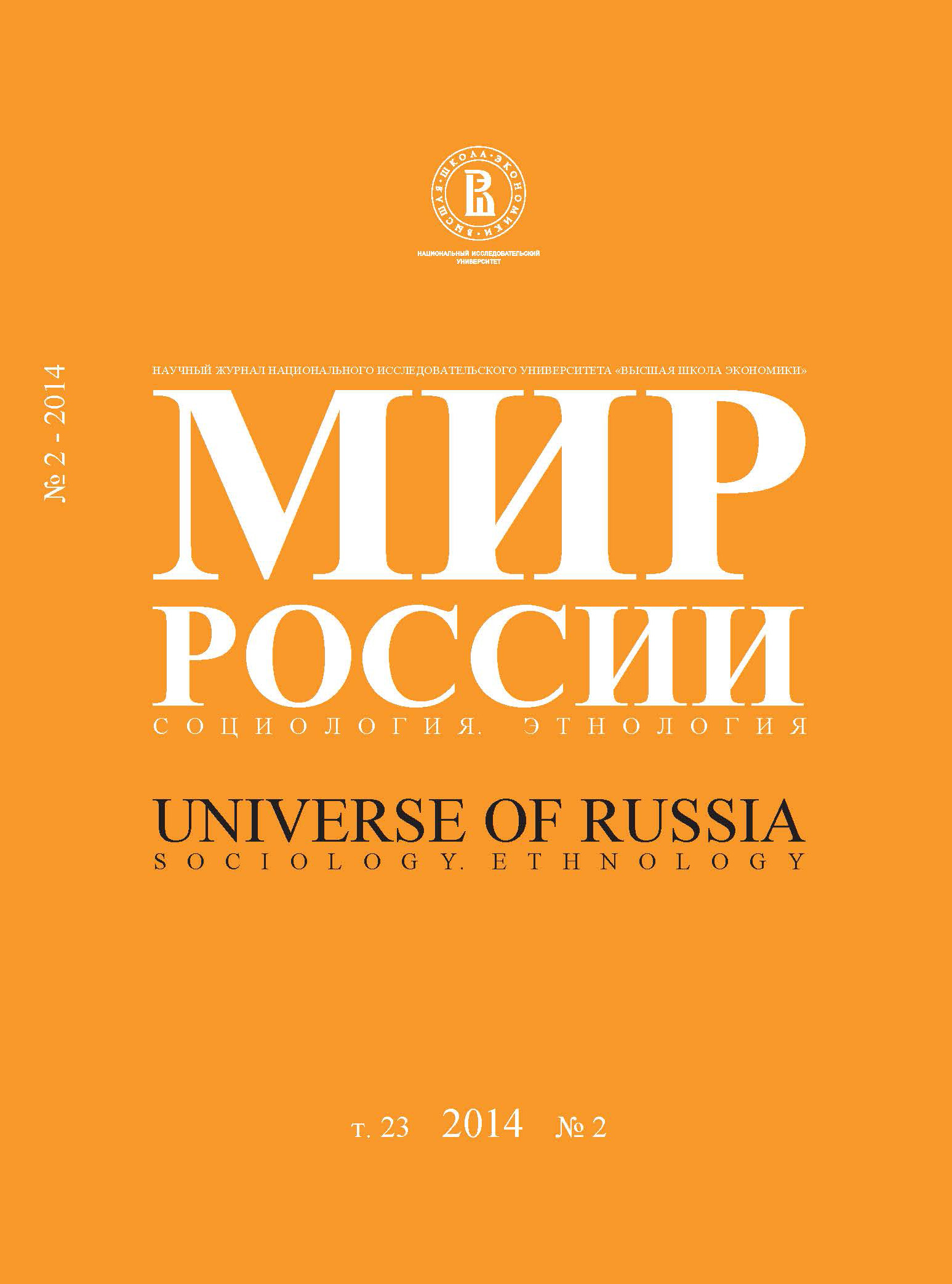Poverty and Access to Education: Russian Situation and International Experience
Abstract
Sergey Kosaretsky — Head of the Center for Socio-Economic Development of Schools, National Research University ‚Higher School of Economics‚. Address: 20, Myasnitskaya St., Moscow, 101000, Russian Federation. E-mail: skosaretski@hse.ru.
Marina Pinskaya — Leading Research Fellow, Center for Socio-Economic Development of Schools, National Research University ‘Higher School of Economics‚. Address: 20, Myasnitskaya St., Moscow, 101000, Russian Federation. E-mail: m-pinskaya@yandex.ru.
Irina Grunicheva — Research Fellow, Center for Socio-Economic Development of Schools, National Research University ‚Higher School of Economics‘. Address: 20, Myasnitskaya St., Moscow, 101000, Russian Federation. E-mail: i.grunicheva@mail.ru.
The inequality of learning opportunities in the Russian Federation (and resulting inequality of life chances) is the key focus of this article. It opens with a discussion of Russian poverty, its structure and dynamics. Particularly, it highlights a new phenomenon in modern Russia — the formation of the ‘underclass’ who have access to a small share of social security and are consistently deprived. Poverty is also seen as a major barrier to quality education, which has an impact at all levels of the education system, from preschool to university.
The authors also discuss the historical context of the problem. The rise of educational inequality was consistently related to the sharp growth in social differentiation during the post-Soviet period. It was accompanied by the failure of certain administrative mechanisms to equalize access to education. and was followed by the emergence of a highly differentiated educational system with different sets of services, resources and educational quality for various social groups. This, in turn, contributed to further reproduction of inequality.
The authors also list and describe the factors which determine unequal access to quality education in Russia. These include: geographical differences and significantly limited educational possibilities for those that live in rural areas; socio-economic inequality, which reduces the chances for some children to achieve higher academic performance; and differentiation of schools with respect to student body, their material and human resources, etc. These factors give rise to unequal opportunities for individual and professional growth, both strengthening and perpetuating social inequality.
Finally, the authors discuss international experience in coping with educational inequality and make insights about its usefulness and applicability to the Russian case.






